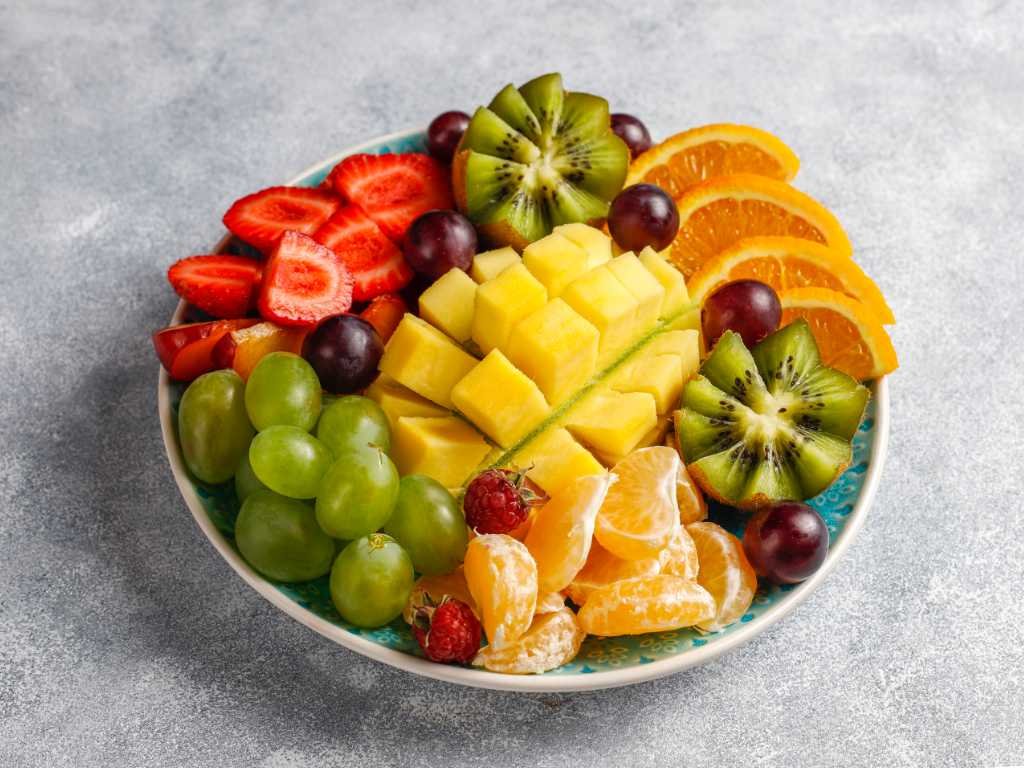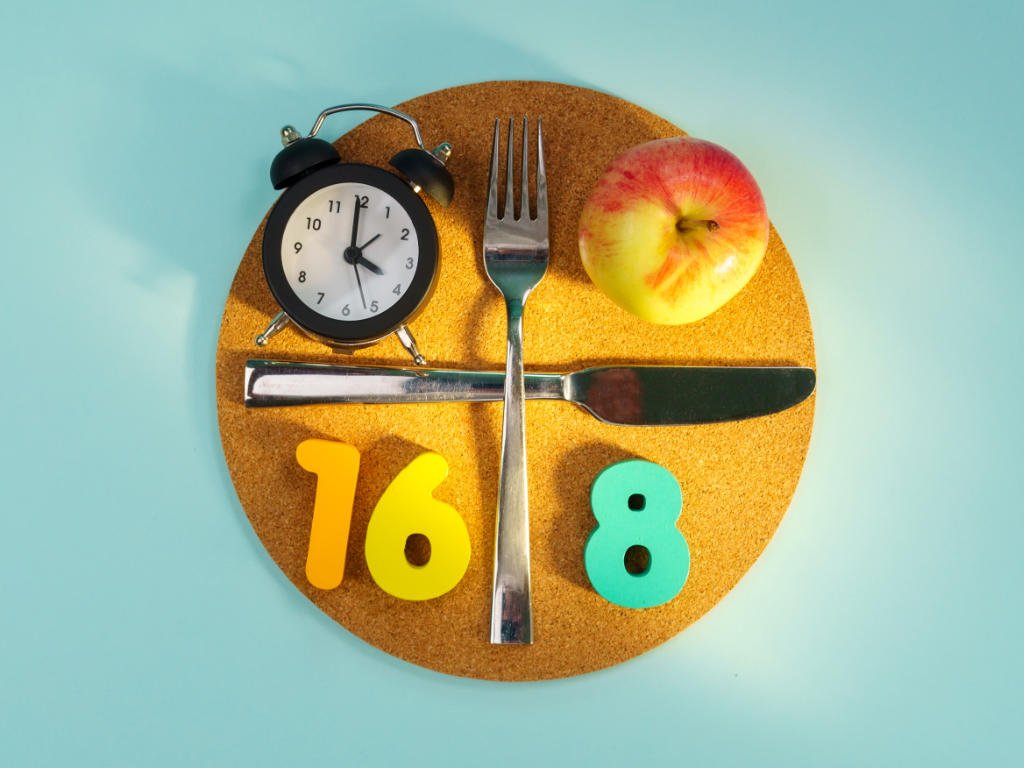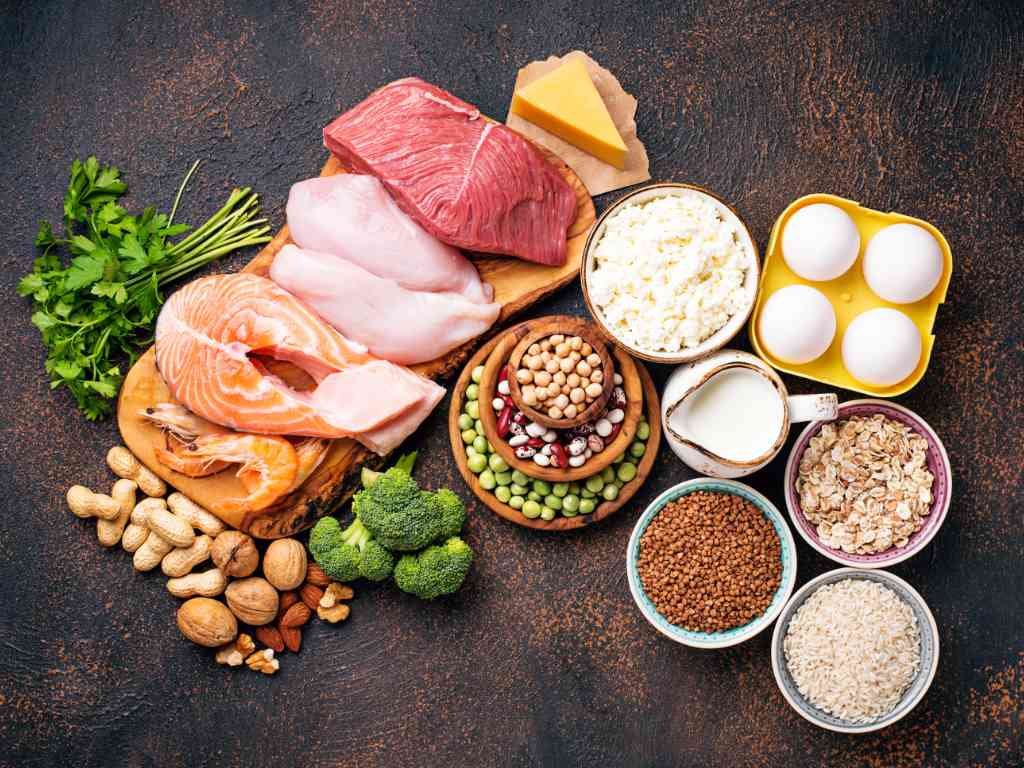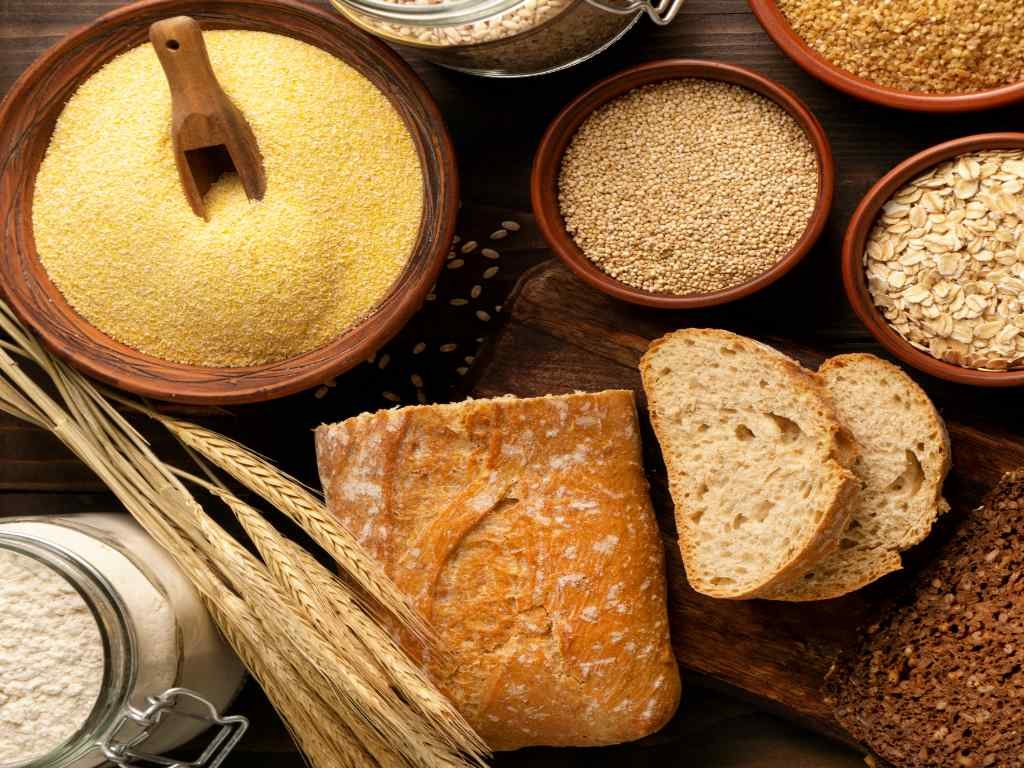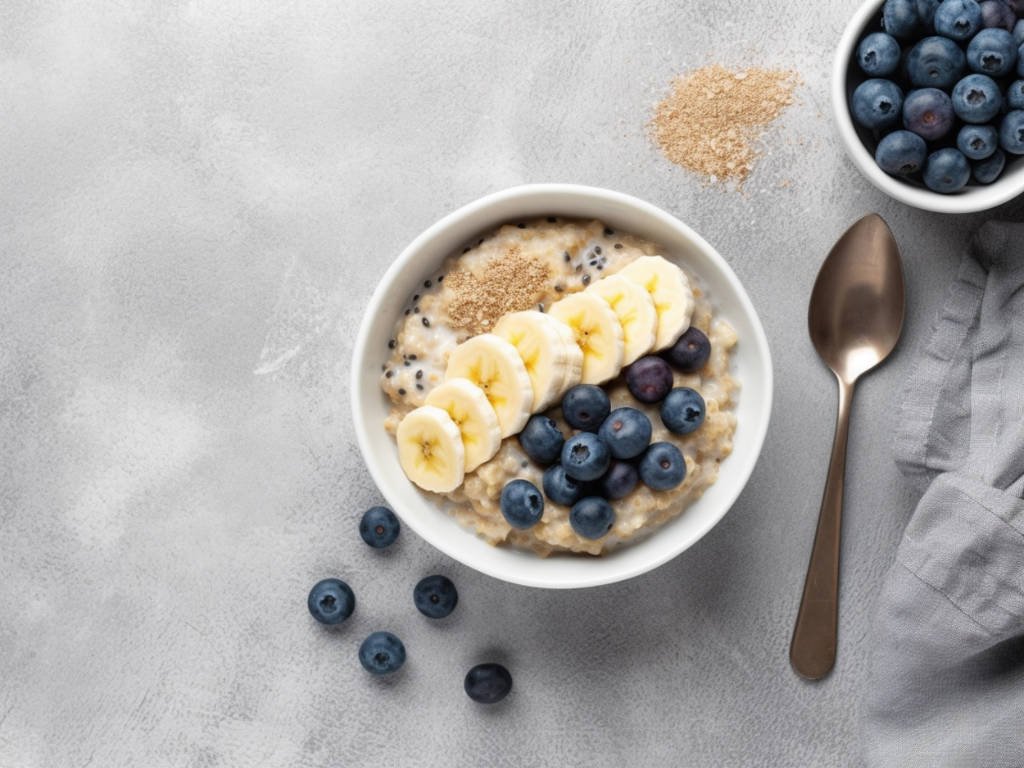Embark on your journey to a healthier you with our comprehensive resources on weight loss and dietary plans. At NutraBalanceLife, we provide evidence-based strategies, nutritional advice, and product recommendations to support your goals. Whether you’re exploring keto, intermittent fasting, or balanced eating, our insights are tailored to guide you every step of the way.
Ever wondered why some people can eat whatever they want and never gain a pound, while others seem to put on weight just by looking at food? The answer often lies in one powerful word: metabolism. If you’re tired of struggling with weight loss and feeling sluggish throughout the day, learning how to boost your metabolism could be the game-changer you’ve been searching for.
What Is Metabolism and Why Does It Matter for Weight Loss?
Think of your metabolism as your body’s internal engine – it’s constantly working behind the scenes, converting everything you eat and drink into the energy you need to breathe, think, move, and simply exist. According to the Cleveland Clinic, metabolism encompasses all the chemical processes that occur within your body to maintain life.
But here’s where it gets interesting: your metabolic rate – the speed at which your body burns calories – isn’t set in stone. Some people naturally have faster metabolisms, burning through calories like a sports car burns through gas, while others operate more like a fuel-efficient hybrid. The good news? You can actually influence your metabolic rate through lifestyle choices.
The Two Types of Metabolism You Need to Know
Your body actually has two main metabolic processes working around the clock:
Basal Metabolic Rate (BMR): This is your body’s energy expenditure at rest – the calories you burn just to keep your organs functioning, your heart beating, and your brain thinking. It typically accounts for 60-75% of your total daily calorie burn.
Active Metabolism: This includes all the calories you burn through physical activity, from intense workouts to fidgeting at your desk. Even digesting food burns calories – this is called the thermic effect of food.
Understanding Your Metabolic Rate: The Key Factors
Why do some people seem blessed with lightning-fast metabolisms while others struggle? Several factors influence your metabolic rate, and understanding them is crucial for anyone looking to boost their metabolism:
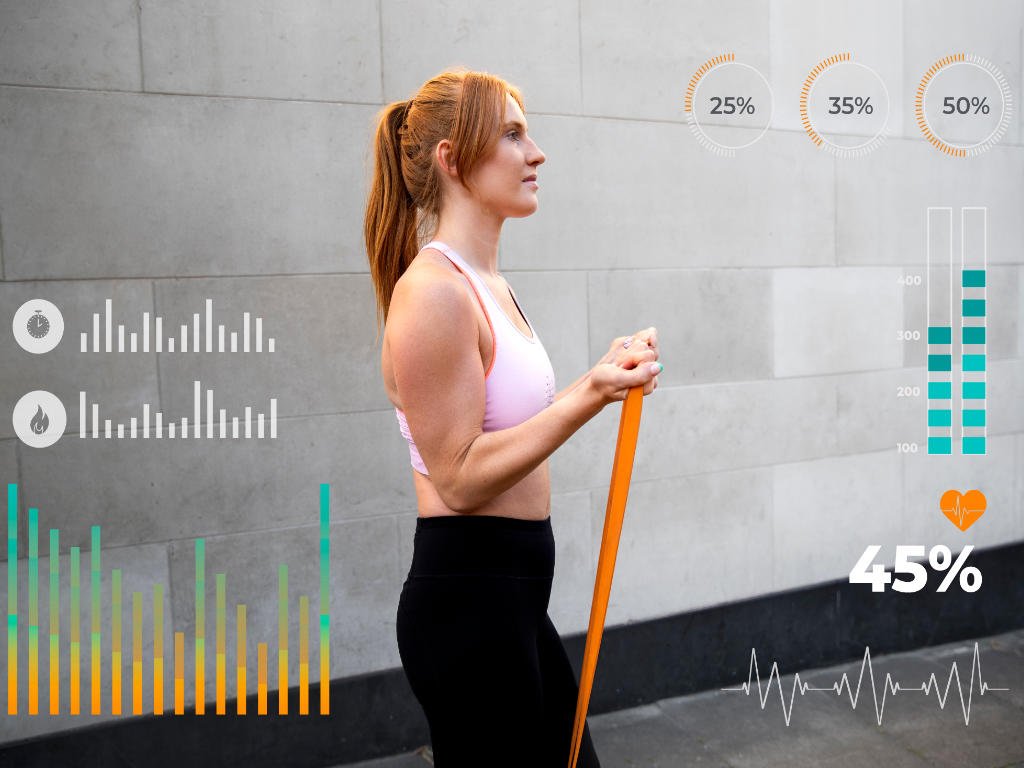
Age: The Metabolic Slowdown
Here’s a reality check nobody wants to hear: our metabolism naturally slows down as we age. Starting around age 30, we lose about 8% of our muscle mass per decade, and muscle tissue burns more calories than fat tissue, even at rest. But don’t let this discourage you – there are ways to fight back!
Body Composition: Muscle vs. Fat
This is huge. Muscle tissue is metabolically active, meaning it burns calories even when you’re binge-watching Netflix. Fat tissue? Not so much. A person with more muscle mass will naturally burn more calories throughout the day than someone of the same weight with higher body fat percentage.
Genetics: Your Metabolic Blueprint
Some people hit the genetic lottery when it comes to metabolism. Your genes influence everything from your BMR to how efficiently your body processes different macronutrients. But genetics aren’t destiny – lifestyle factors can significantly override genetic predispositions.
Hormonal Factors
Your thyroid gland acts like your metabolism’s control center. Thyroid hormones regulate how fast or slow your metabolic processes run. Conditions like hypothyroidism can significantly slow metabolism, while hyperthyroidism can speed it up (though not in a healthy way).
How Does Metabolism Really Affect Weight Loss?
Let’s tackle the elephant in the room: does having a slow metabolism doom you to weight gain? Harvard Health research suggests that while metabolism plays a role in weight management, it’s not the sole determining factor many people think it is.
The truth is, metabolism and weight loss are connected, but probably not in the way you think. A faster metabolism means you burn more calories at rest and during activity, which can make it easier to maintain a calorie deficit – the golden rule of weight loss.
The Calorie Deficit Connection
Weight loss fundamentally comes down to creating a calorie deficit – burning more calories than you consume. When you boost your metabolism, you’re essentially increasing the “calories out” side of this equation, making it easier to achieve and maintain that deficit.
But here’s what many people don’t realize: your body is incredibly adaptive. When you restrict calories for extended periods, your metabolism can slow down as your body tries to conserve energy. This is called metabolic adaptation, and it’s why many people hit weight loss plateaus.
What Are Thermogenic Foods and Do They Really Work?
You’ve probably heard claims about “fat-burning foods” that can supposedly boost your metabolism just by eating them. While the marketing often overpromises, there’s actually some science behind certain thermogenic foods.
The Thermic Effect of Food (TEF)
Every time you eat, your metabolism temporarily increases as your body digests, absorbs, and processes the food. This is called the thermic effect of food, and it accounts for about 8-15% of your total daily energy expenditure.
Protein: The Metabolic Superstar
Here’s why protein deserves a special mention: it has the highest thermic effect of all macronutrients. While fats and carbohydrates increase your metabolism by about 0-5% after eating them, protein can boost it by 15-30%! This means your body burns significantly more calories processing protein compared to fats or carbs.
Metabolism-boosting protein sources include:
- Lean meats like chicken breast and turkey
- Fish and seafood
- Eggs
- Greek yogurt
- Legumes and beans
- Quinoa
Spicy Foods and Caffeine
Capsaicin (found in chili peppers) and caffeine can provide temporary metabolic boosts, but let’s keep expectations realistic. We’re talking about increases of maybe 5-10% for a few hours – not the dramatic fat-burning effects some supplements claim.
Green Tea: A Gentle Metabolic Nudge

Green tea contains compounds called catechins, particularly EGCG, which may help increase metabolism slightly. Combined with caffeine, green tea might boost your metabolic rate by about 4-5% – modest but potentially helpful when combined with other strategies.
How Does Metabolism Impact Your Daily Energy Levels?
Ever notice how some days you feel like you could conquer the world, while other days getting off the couch feels like climbing Mount Everest? Your metabolism plays a huge role in your daily energy levels, and understanding this connection can help you feel more energetic consistently.
The Energy-Metabolism Connection
A well-functioning metabolism efficiently converts the food you eat into usable energy. When your metabolic processes are running smoothly, you experience:
- Stable energy levels throughout the day
- Better mental clarity and focus
- Improved physical performance
- More consistent mood
Factors That Can Drain Your Metabolic Energy
Dehydration: Even mild dehydration can slow your metabolism. Your body needs water for virtually every metabolic process, so staying hydrated is crucial for maintaining energy levels.
Poor Sleep: When you don’t get enough quality sleep, it disrupts hormones that regulate metabolism and appetite. Sleep deprivation can slow your metabolism and leave you feeling sluggish all day.
Skipping Meals: Contrary to popular belief, skipping meals doesn’t “boost your metabolism” – it often has the opposite effect. Going too long without eating can slow your metabolic rate as your body tries to conserve energy.
Chronic Stress: High cortisol levels from chronic stress can negatively impact your metabolism and energy levels. Finding effective stress management techniques is crucial for metabolic health.
Simple Ways to Support Metabolic Energy
Stay Hydrated: Aim for at least 8 glasses of water daily, and consider drinking cold water – your body burns extra calories warming it up to body temperature.
Eat Regular, Balanced Meals: Focus on balanced nutrition with adequate protein at each meal to maintain steady energy levels.
Prioritize Sleep: Aim for 7-9 hours of quality sleep each night to support optimal metabolic function.
The Role of Exercise in Metabolic Enhancement
If you want to seriously boost your metabolism, exercise is your secret weapon. But not all exercise is created equal when it comes to metabolic benefits.
Strength Training: The Metabolic Game-Changer
Here’s something that might surprise you: that hour-long cardio session burns calories during the workout, but strength training keeps burning calories for hours afterward. This is called excess post-exercise oxygen consumption (EPOC), or the “afterburn effect.”
Why strength training is metabolically superior:
- Builds lean muscle mass, which burns more calories at rest
- Creates a significant afterburn effect
- Improves insulin sensitivity
- Helps maintain metabolic rate during weight loss
If you’re new to strength training, start with basic compound movements like squats, deadlifts, and push-ups. These exercises work multiple muscle groups and provide the biggest metabolic bang for your buck.
High-Intensity Interval Training (HIIT)
HIIT workouts alternate between short bursts of intense activity and recovery periods. This type of training can boost your metabolism for up to 24 hours after your workout. Even a 15-20 minute HIIT session can be incredibly effective for metabolic enhancement.
Don’t Neglect Cardio Completely

While strength training and HIIT might steal the spotlight, traditional cardio still has metabolic benefits. Powerful cardio exercises improve your cardiovascular efficiency, allowing your body to deliver oxygen and nutrients more effectively – supporting overall metabolic function.
The Power of Daily Movement
You don’t have to be a gym warrior to boost your metabolism. Simple daily activities can make a significant difference:
- Taking the stairs instead of the elevator
- Walking or biking instead of driving for short trips
- Standing or walking during phone calls
- Doing household chores with extra vigor
This type of activity, called NEAT (Non-Exercise Activity Thermogenesis), can account for a significant portion of your daily calorie burn.
Common Metabolism Myths Debunked
Myth 1: “Eating Late at Night Slows Your Metabolism”
Reality: Your metabolism doesn’t shut down at night. What matters is your total daily calorie intake, not the timing of your meals. However, late-night eating might affect sleep quality, which can indirectly impact metabolism.
Myth 2: “Certain Supplements Can Dramatically Boost Metabolism”
Reality: While some supplements may provide modest metabolic benefits, there’s no magic pill that will dramatically increase your metabolic rate. Be wary of fat burner supplements that make unrealistic claims.
Myth 3: “Thin People Always Have Fast Metabolisms”
Reality: Body size actually influences metabolic rate more than you might think. Larger bodies typically have higher metabolic rates because they require more energy to function. The difference in metabolic rates between individuals of similar size is often smaller than people assume.
Myth 4: “You Can’t Change Your Metabolism”
Reality: While genetics play a role, lifestyle factors can significantly influence your metabolic rate. Through proper nutrition, exercise, and healthy habits, you absolutely can boost your metabolism.
Sustainable Strategies to Boost Your Metabolism Long-Term
Focus on Building Lean Muscle
The most effective long-term strategy for metabolic enhancement is building and maintaining muscle mass. Every pound of muscle burns approximately 6-7 calories per day at rest, compared to only 2-3 calories per pound of fat.
Incorporate Home Workout Routines
You don’t need a gym membership to build muscle and boost metabolism. Bodyweight exercises, resistance bands, and basic equipment can provide excellent metabolic benefits from the comfort of your home.
Consider Intermittent Fasting

Intermittent fasting can help improve insulin sensitivity and may provide modest metabolic benefits. However, it’s not magic – the benefits primarily come from the calorie restriction it often naturally creates.
Support Your Hormones
Hormonal balance plays a crucial role in metabolic health. For women especially, hormonal balance tips can be particularly important for maintaining optimal metabolism.
Don’t Forget About Gut Health
Emerging research suggests that gut health may influence metabolism. A healthy gut microbiome can improve nutrient absorption and may help regulate metabolic processes. Watch for gut health warning signs and focus on eating diverse, fiber-rich foods.
Frequently Asked Questions
What is the fastest way to boost your metabolism?
The fastest way to boost your metabolism is through high-intensity exercise, particularly strength training and HIIT workouts. These create an immediate increase in metabolic rate and provide lasting benefits through increased muscle mass and improved cardiovascular fitness.
Can certain foods really speed up metabolism?
Yes, but modestly. Protein-rich foods, spicy foods containing capsaicin, green tea, and coffee can temporarily increase metabolic rate by 5-15%. However, the effects are temporary and shouldn’t be relied upon as primary weight loss strategies.
Does drinking cold water boost metabolism?
Drinking cold water does provide a small metabolic boost as your body burns calories to warm the water to body temperature. However, the effect is minimal – about 8-10 calories per glass of cold water.
Is it possible to have a “damaged” metabolism?
While dramatic metabolic damage is rare, prolonged severe calorie restriction can lead to metabolic adaptation, where your body becomes more efficient and burns fewer calories. This can usually be reversed through gradual increases in food intake and appropriate exercise.
The Bottom Line: Your Metabolism is in Your Hands
While you can’t completely override your genetic metabolic blueprint, you have far more control over your metabolism than you might think. By focusing on building muscle, staying active, eating adequate protein, and supporting your overall health, you can significantly boost your metabolism and improve your energy levels.
Remember, sustainable metabolic enhancement isn’t about quick fixes or magic solutions. It’s about creating lasting lifestyle changes that support your body’s natural ability to burn calories efficiently. Whether you’re looking to lose weight, gain energy, or simply feel better in your own skin, optimizing your metabolism is a powerful tool that’s available to everyone.
The journey to better metabolic health doesn’t happen overnight, but every small step you take – whether it’s adding a protein-rich breakfast, taking the stairs instead of the elevator, or incorporating strength training into your routine – contributes to a healthier, more energetic you. Your metabolism is working for you 24/7, so why not return the favor by giving it the support it deserves?
For more comprehensive health and wellness strategies, explore NutraBalance Life for evidence-based guidance on nutrition, fitness, and optimal health.








